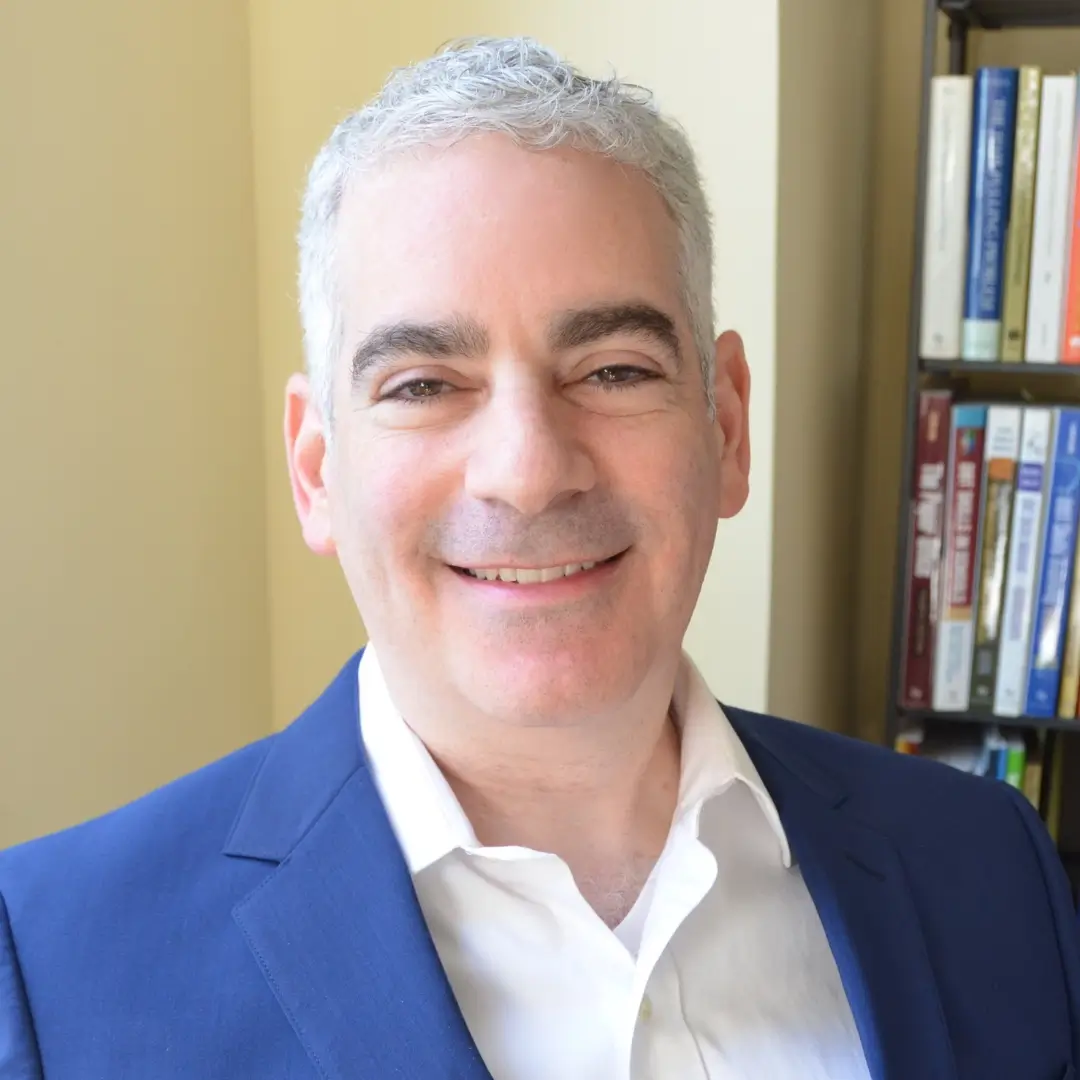Lots of people have difficulty with change — but it always comes. Change is inevitable. So how can we improve our emotional and mental health to be better at coping with it?
Being Unprepared for Change Is a Problem
Life is full of changes. So why do they throw us for a loop so often?
The answer has a lot to do with self-delusion. When things are good, we take comfort in believing that everything is fine, and will probably stay fine.
When you are offered your dream job, you take satisfaction in knowing that you’ve improved your situation. You believe that things will be better from now on. And maybe they will!
The problem is that we often overlook how hard-won accomplishments — even getting a good new job — are, in the end, temporary.
How Do Things Change?
Eventually, that hard-won new job may lose its luster; you may get a new boss who makes your life difficult, or you might get squeezed out during the next round of layoffs. Granted, those are all unhappy outcomes. It’s also possible you’ll get promoted again after a while, or that eventually you’ll find an even better opportunity elsewhere. Perhaps you’ll decide to leave the job to be a full-time parent after a few years. Whether the ending is a happy one or not, the ending will come.
We tend to think of positive new developments as permanent. Similarly, when things go badly, we often fall into thinking that they’ll always be bad. This happens often after relationship breakups. In the midst of the pain and depression following a breakup, people often end up thinking things like, I’ll never be with him/her again! or Now I’m alone, and I’ll be alone forever or I’ll never meet the right person. These are certainly understandable sentiments. If we look closely, however, we see a common element to these thoughts: they make negative and permanent predictions about the future.
How Our Thinking Can Work Against Us
These types of thinking patterns are called cognitive distortions, a term that derives from cognitive-behavioral therapy (CBT). They are ways in which our thinking often departs from the available evidence and makes leaps of logic. We all experience cognitive distortions, they’re part of what it is to be human.
RELATED: Cognitive Distortions and How to Counter Them
One way to counter the impact of cognitive distortions is to keep the inevitability of change in mind as much as we can. One trick is to try to notice when your thinking includes words like “never” or “always.” Thinking like this can lead you to feel depressed, anxious, or overconfident. In those moments, remind yourself that change is inevitable — whether that ends up being good change or bad change.
Accepting and Expecting Change
The serenity prayer has been around for nearly a hundred years. Why has it resonated with so many people for so long? Because we all know the difficulty of accepting what we’d prefer not to accept. Accepting change can be one of the most difficult challenges we face. Life is full of events that bring major change — graduations, births, deaths, pandemics, elections, breakups, moves, hirings and firings, illnesses… the list goes on.
What many of the items in that list have in common is that we are usually powerless to prevent the ones we don’t want to happen. Whether it’s coping with an unwanted breakup, a natural disaster, or a death, unpreventable negative change is hard! Another form of disappointment happens when we anticipate a change will be positive but it does not work out that way. On both counts, the more accepting of change we can be, the less we will suffer. Easier said than done!
The first step in learning to accept change more readily is to acknowledge that it’s inevitable. We need to do this on a deep level. The more thoroughly we can internalize this fact and make it part of the way we see the world, the easier it will be for us to accept change when it happens.
RELATED: Accepting Things As They Are: Why and How to Do It
How Expecting Change Boosts Our Mental Health
If you can keep in mind that any new developments — welcome or unwelcome — are temporary, you’ll experience more tranquility. How does this happen?
When we make it a habit to expect change, we get less attached to things being one way or another. This may be best illustrated by the parable of the Taoist Farmer:
Once upon a time, there was a farmer whose horse ran away. That evening, all of his neighbors came around to commiserate. They said, “We are so sorry to hear your horse has run away. This is most unfortunate.” The farmer said, “We’ll see.” The next day the horse came back bringing seven wild horses with it, and in the evening everybody came back and said, “Oh, isn’t that lucky. What a great turn of events. You now have eight horses!” The farmer again said, “We’ll see.”
The following day his son was attempting to train one of the horses, and while riding it, he was thrown and broke his leg. The neighbors then said, “Oh dear, terrible,” and the farmer responded, “We’ll see.”The next day the king’s military officers came around to conscript people into the army, and they rejected his son because he had a broken leg. Again all the neighbors came around and said, “Isn’t that great!” Again, the farmer said, “We’ll see.”
The farmer steadfastly refrained from thinking of things in terms of gain or loss, advantage or disadvantage, because one never knows” In fact, we never really know whether an event represents fortune or misfortune. We only know our ever-changing reactions to ever-changing events.
adapted from The Watercourse Way by Alan Watts
Is the Farmer a Good Role Model?
The farmer in the story above had mastered the skill of being unattached to things going one way or another.
Some people hear this story and think, Well good for him, but I want to enjoy my life and to be happy when things go well. Fortunately, this is one of those rare situations in life when you can have your cake and eat it too. It is absolutely possible to enjoy an event without being attached to one outcome.
An example would be a parent at their child’s soccer game. If you’re the parent, you certainly hope your child’s team wins, but you fully accept that it might not happen; and you’re okay with that. You don’t spend a lot of time or energy thinking through how great it will be if they win, or how awful it will be if they lose.
You can try to bring this attitude to many other situations in life, even ones that seem more consequential than a kids’ soccer game. Easier said than done, sure, but how can you attempt to bring that kind of tranquility into your life?
Mindfulness Can Help
If you’re looking for something you can do to improve your ability to accept change, mindfulness is a good place to start. Mindfulness refers to the mental skills that come from the practice of meditation. As you can read about on our introduction to mindfulness page, there are many ways to practice mindfulness without doing meditation. However, meditation is the best way to practice mindfulness.
Mindfulness practices help us not get so caught up in anticipation (or dread) before something happens. They help us to get out of our own way in our efforts to cope with stress, anxiety, and change. Mindfulness can even help someone who’s already good at those things get even better.
Whether you choose to practice mindfulness or not, the smartest steps you can take toward coping well with change and transitions are these:
- acknowledge to yourself that change is inevitable.
- strive to give up your fight against changes that you cannot prevent.
If you can do those two things, anything you do afterward will be more likely to help.
If embracing those ideas feels daunting and you wonder if you could use some help, feel free to contact us. Sometimes the structure and accountability of cognitive-behavioral therapy help people better tolerate change — and improves their emotional well-being in the process.
Subscribe to the Manhattan Center for Cognitive-Behavioral Therapy blog!









